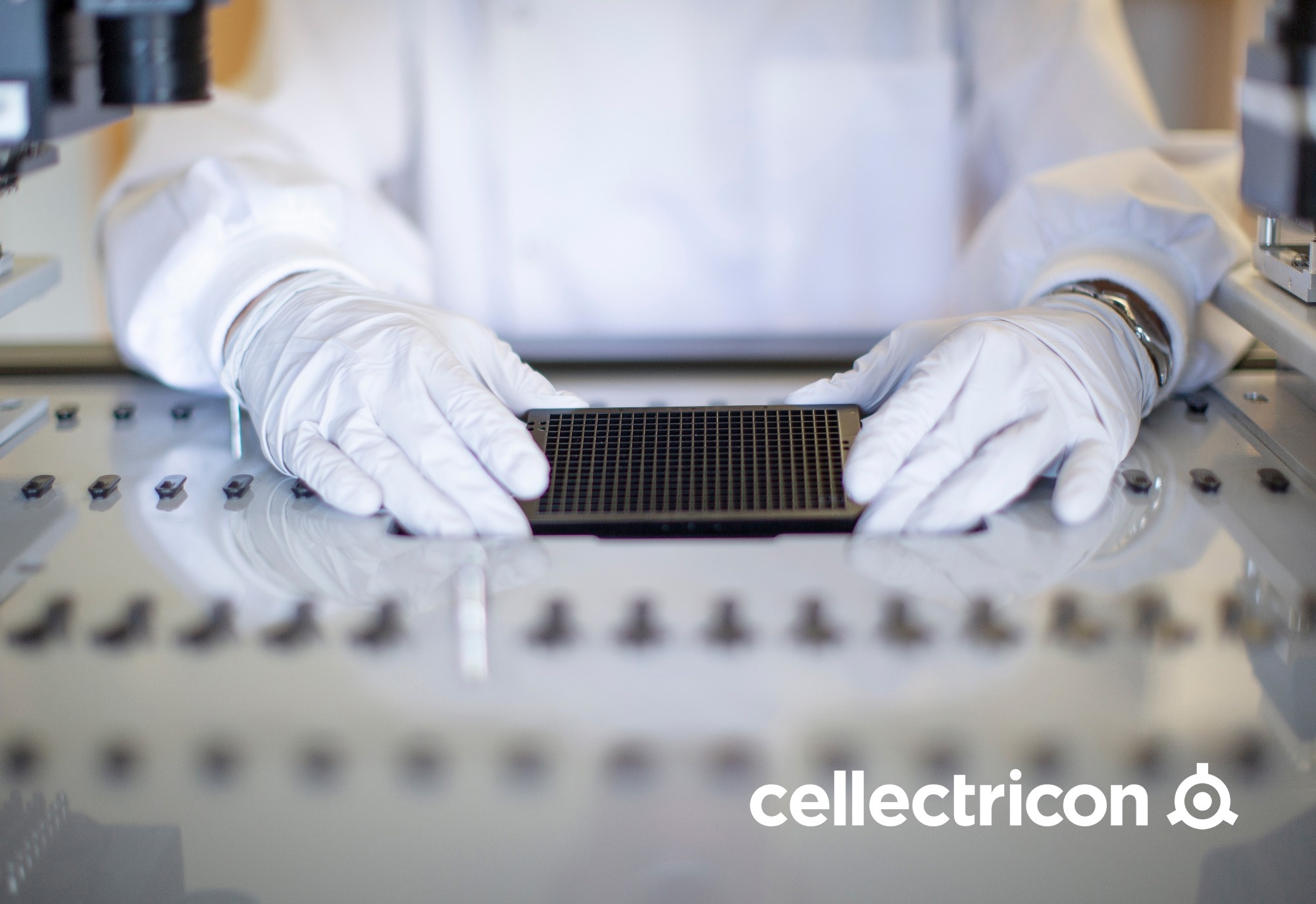Cellectricon, a services provider dedicated to advancing neuroscience drug discovery, has received follow-on funding for bone pain research as part of the BonePainIII research network.
BonePainIII is funded by the European Research Executive Agency and encompasses academic institutions, industry and associated partners, with the aim of identifying mechanisms and novel treatments of bone pain and closing the gap to the clinic.
 Image Credit: Cellectricon
Image Credit: Cellectricon
With recognized expertise in creating in vitro models for neuroscience and pain research, Cellectricon was brought in by the Karolinska Institute, Sweden, initially receiving funding under the predecessor project, BonePainII.
During this first project, Cellectricon created a successful training program for an early stage researcher (ESR) working towards elucidating the mechanisms of bone pain and identifying potential therapeutic compounds. This new follow-on funding continues this support of an ESR, enabling them to draw on Cellectricon’s expertise in developing novel, humanized in vitro methods and assays.
“We are very pleased to be participating again in this outstanding project,” said Dr Paul Karila, Cellectricon’s CBO.
“There has been a lack of understanding of the underlying mechanisms of bone pain, and drug development in this area has been characterized by poor translation of preclinical data to the clinic. With our established in vitro models, and experience in “disease in a dish” systems and high throughput assays, we look forward to supporting an early stage researcher as part of this project to help patients suffering from bone pain.”
Dr Paul Karila, Cellectricon’s CBO
For more information on Cellectricon’s pain research and other services, please visit www.cellectricon.com.
For more information on the BonePainIII research network, visit www.bonepain.eu.